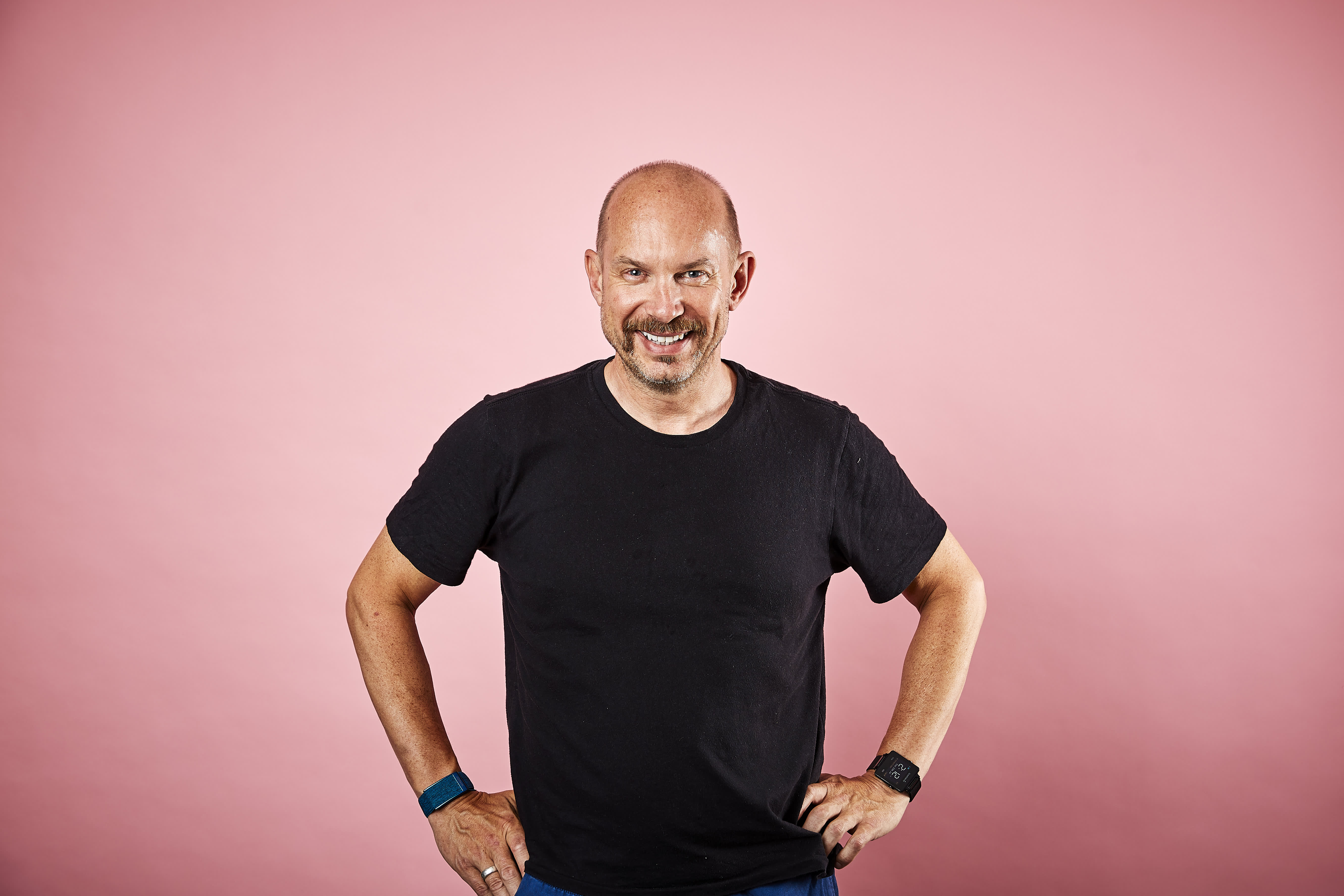
LONDON — British start-up investing platforms Crowdcube and Seedrs are set to merge in an industry-shaking deal that will create a £140 million ($ 181.4 million) equity crowdfunding powerhouse.
Crowdcube and Seedrs, founded in the wake of the 2008 financial crisis, shook up the capital markets by allowing the general public to buy shares in early-stage companies to help them raise money.
That has allowed many start-ups — including financial apps Revolut and Monzo and upstart brewer BrewDog — to raise capital without having to tap venture capital or angel investors directly.
The two companies — which are both loss-making — announced Monday that Crowdcube would acquire all outstanding share capital of Seedrs, with Crowdcube’s existing shareholders owning 60% of the combined company while Seedrs’ investors will own 40%.
Crowdcube is valued at £84 million based on its most recent fundraising round while Seedrs is valued at £56 million, meaning the combined company will be worth around £140 million.
Seedrs boss Jeff Kelisky will serve as CEO of the combined company, the firms announced, and Crowdcube chief Darren Westlake will serve as executive chairman.
“We’ve known each other for quite long period of time,” Westlake told CNBC in a call, adding that talks began with Seedrs co-founder Jeff Lynn as early as 2017. “It’s been a long process for us internally; but also externally, the observers of the market have seen the benefits of putting the two companies together.”
Westlake and Kelisky said both their businesses had experienced increased demand during the coronavirus pandemic — with the third quarter marking a “record” for Crowdcube — as start-ups under strain looked to crowdfunding as an alternative to traditional fundraising methods.
“Businesses are needing capital to get though this period, and a lot of investors want to support them through that,” Kelisky told CNBC. “So we’ve seen a robust period, in part driven by that need.”
Though neither executive was able to discuss integration between their platforms, Westlake said the long-term goal was to “attack the global market for equity crowdfunding” as one company rather than two separate businesses.
Reaction
Charles Delingpole, co-founder and CEO of London-based regulatory technology start-up ComplyAdvantage, called the merger a “fantastic outcome” that will “bring together two extremely strong equity fundraising platforms and greatly benefit investors with increased scale, liquidity and choice.”
“The duplication from running two parallel exchanges is suboptimal, and having a single champion exchange will ensure that more can be invested in a great range of functionality and opportunities for all stakeholders,” Delingpole told CNBC.
The combination could allow Crowdcube and Seedrs to further develop and consolidate their secondary market offerings, which allow people to buy shares in companies from existing investors. This financing strategy allows early shareholders to cash out without the need for an initial public offering.
“I wonder if this opens up a completely different asset class for trading, to the point where this secondary market becomes almost a competitor to the traditional stocks and shares piece,” David Brear, CEO of fintech consultancy 11FS, told CNBC.
Brear said that both firms have provided campaigns for companies to let their customers buy into their businesses, adding this comes with the “PR and branding benefits” not found in traditional fundraising routes. But he also noted the deal was a surprise as the two firms “have been reasonably antagonistic through this period.”
“This is the equivalent of Monzo buying Starling or Starling buying Monzo,” Brear said. Monzo and Starling, two digital banking start-ups, have been notoriously competitive over the years.
Crowdcube and Seedrs claim a total of £2 billion has been invested through their exchanges since 2011. The merger deal, which is expected to close by early 2021, is still subject to approval by the U.K.’s Competition and Markets Authority, the Financial Conduct Authority and shareholders.
Oliver Kicks, an associate at London-based venture capital firm RLC Ventures, said he was “slightly concerned with consolidating the market as it leaves fewer choices for entrepreneurs.”
“The lack of choice could eventually result in them accepting worse terms/higher fees, whereas you would imagine prior competition between the companies led to competitive pricing/terms.”





